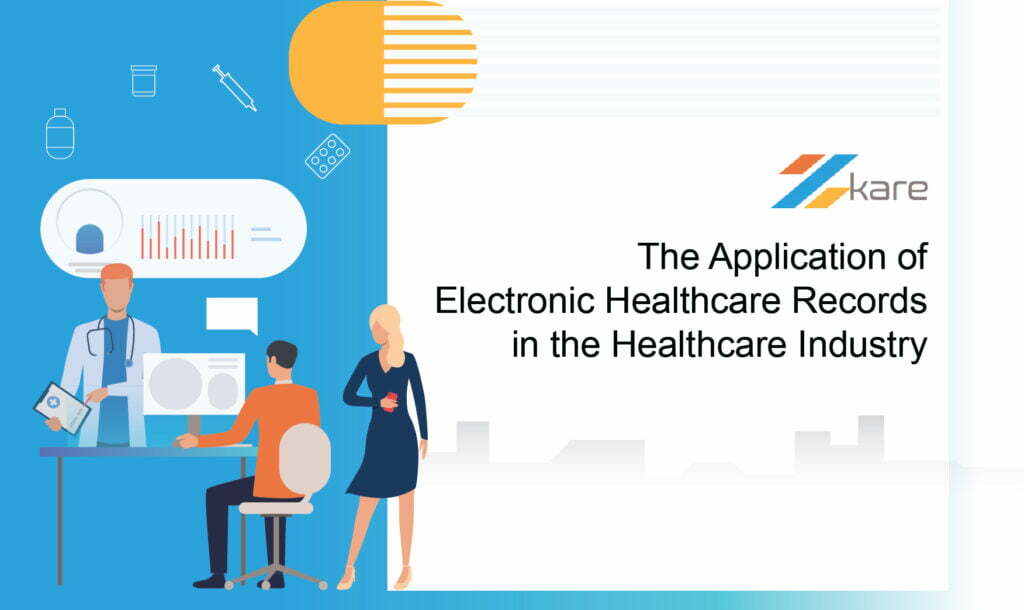
EHR Systems
Over the last decade, the healthcare industry, regardless of size and medical speciality, has been utilising medical software to manage their clients and care providers. As a result, EHR software is expanding, and its application is becoming more recognised among care providers. This jump in adoption is due to the various benefits of electronic health records that we’ll discuss in this blog. But first, let’s see what long term care EHR Software means.
What are Electronic Health Records (EHRs)?
An Electronic Health Record or EHR is a computer-readable database of client data accessible by healthcare providers. It is often referred to as a systematic collection of information and data about the client in an electronic form.
The long term care EHR software can store data related to lab data, client information, family history, radiology reports and demographic, in addition to previous medical records. It can include data from any source where the patient’s medical condition has been treated.
How the Healthcare Industry uses EHRs
The use of EHRs has been growing exponentially recently, mainly due to the constant awareness among clients and healthcare providers for access to patient information. Additionally, the government offers incentives for using EHRs since it wants healthcare providers to automate and embrace IT as much as possible to modernise and boost the sector’s operational efficiency.
Apart from this, the necessity for EHRs is growing due to the healthcare industry’s supply chain becoming more complex, leading to a need among the different stakeholders for consistent, reliable and accurate data about clients, which they can then utilize to provide quality healthcare to the patients.
Finally, with the integration of the IT infrastructure of hospitals across the United States, due to the availability of information across the nation, patients can no longer limit their mobility to a specific state for their medical needs.
What are the benefits of using EHR?
Improved Quality of Care
EHRs can change a patient’s medical record in real time by promoting all aspects of patient care, such as security, effectiveness, patient-centeredness, interaction, opportunity, power, and equality. Precise, updated and reliable information usually results in the accurate quality of care, from more reliable assessments to correct errors.
Better Patient Outcomes
What is advantageous for healthcare providers is frequently beneficial for patients. There is no longer a need to complete the same forms at each doctor’s or specialist’s office because smooth access to a patient’s real data is available. Each provider can view the tests a patient has undergone and along with which medicines worked and which didn’t. Clients are less susceptible to the same testing or imaging techniques because the results and images are all in one place.
Flexibility
EHR allows you to select the platform that best suits your requirements. You can select the SaaS or on-premises models according to your needs and requirements. Allowing providers to evaluate tests, view results, and submit prescriptions while away from the office gives them enormous freedom and speeds up patient treatment.
Convenience
When it comes to receiving clients’ data, users must consider the ease of remote access, adaptability, and the movement that proposed EHR merchants can contribute. Employing a platform without portable access negatively affects the healthcare sector since it reduces staff members’ access to the system when they need to register or renew clients data immediately.
Stay Tuned for More
Now that you are aware about EHR software and its potential advantages for your company. In that case, our team of experts would be happy to get in touch with you for a free demo from Zkare simply click here.